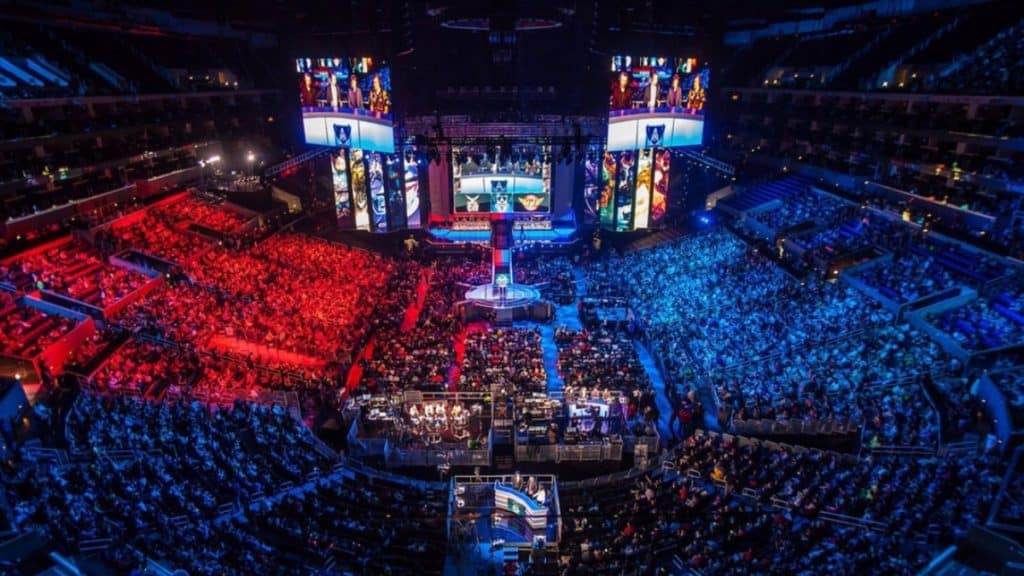Finland, a country known for its technological innovation and competitive gaming culture, has become a significant player in the global esports arena. The Finnish esports scene has grown exponentially over the past decade, fostering world-class talent and hosting major tournaments. As we look ahead, the future of esports in Finland appears bright, with numerous opportunities for growth and development. However, this evolving landscape also presents its own set of challenges.
Technological Advancements and Their Impact
Technology drives esports, and Finland’s strong tech sector is a boon to the industry. According to a feature by Trending.fi, advancements in virtual reality (VR), augmented reality (AR), and 5G connectivity are set to make the esports experience more immersive and accessible than ever before. Finnish tech companies and startups are at the forefront of these innovations, developing new gaming technologies and platforms that could redefine competitive gaming. The integration of VR and AR into esports not only promises to attract a new audience but also to open up fresh sponsorship and advertising opportunities.
The Growth of Local Talent
In an exclusive report by SuomiPost.com, it’s highlighted that Finland’s robust educational system is increasingly recognizing the value of esports. More educational institutions are offering courses and degrees in esports management, game design, and competitive gaming. This formal education structure not only legitimizes esports as a career path but also prepares the next generation of Finnish gamers for international competition. As a result, Finland is expected to continue producing top-tier talent capable of competing on the world stage.
Government Support and Regulation
The Finnish government has shown a positive stance towards esports, recognizing its potential for economic growth and international prestige. However, the future will likely see more structured support and possibly regulation. Government initiatives could include funding for esports ventures, scholarships for players, and support for international competition participation. Regulations may be introduced to ensure fair play, protect young gamers, and manage the business aspects of esports, including sponsorship and advertising.
Challenges Ahead
Despite the optimistic outlook, the Finnish esports scene faces several challenges. One significant concern is the sustainability of esports careers. The industry is notoriously competitive, and not all players can achieve a stable income or long-term career. Moreover, the mental and physical health of players is an ongoing concern, with issues such as burnout and repetitive strain injuries needing more attention.
The global nature of esports also means that Finnish teams and organizations must compete not only with local rivals but with the best in the world. This international competition requires substantial investment in training, facilities, and support structures to keep Finnish players at the top of their game.
Conclusion
The future of esports in Finland is poised for growth, buoyed by technological innovation, a supportive educational environment, and a culture that embraces gaming. With the right balance of government support, industry investment, and attention to the well-being of players, Finland can continue to be a formidable force in the global esports community. However, navigating the challenges ahead will require a concerted effort from all stakeholders to ensure the sustainable development of Finnish esports, making it a rewarding and viable career path for future generations.

